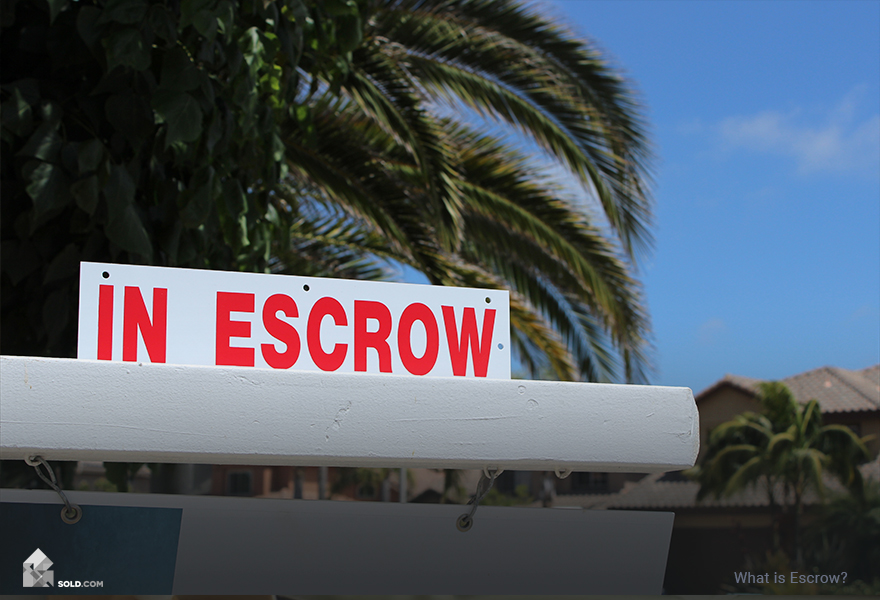
What is escrow? For home sellers, it’s important to know this concept.
- Escrow is money set aside with a third party until the transaction is complete.
- Usually, the buyer’s earnest money will be placed into escrow.
- The escrow agent will often be a lawyer or title company representative.
- The escrow funds are dispersed when the transaction is finalized.
Get more home selling tips from SOLD.com!
The best way to sell a house is to do plenty of research on the front end—ensuring a fully-informed decision.
That means understanding all the different option available to you for listing your property, and determining which ones best align with your real estate goals. You can get that information, along with other house selling tips, by requesting your FREE SOLD.com report.
It’s also important to know all the key real estate terminology. Today, we’ll look at a word you’ve probably heard before—escrow. What does this concept entail, and how does it impact your home sale?
Understanding Escrow
The simple definition of escrow is this: It’s when something of value is held by an unbiased third party while a particular transaction is under way.
In real estate, the something of value is money. As for how much is being held, and for what purpose, that can all depend on a few different factors.
Escrow Before Closing
When someone makes an offer on your home, and they want to show you they are really serious, they will put up a deposit of earnest money. This money is held in escrow until the transaction is complete. If the sale goes forward, that money is applied to the down payment. If not, it’s returned to the buyer.
As for who holds the escrow money, it’s typically either a real estate lawyer or someone who works for the title company.
The funds are held until the transaction is finalized, at which point the escrow officer disperses the funds appropriately.
Escrow After Closing
For buyers, escrow continues even after the transaction goes through. Money is held in an escrow account and earmarked for taxes and/or insurance. The money is dispersed to pay for these expenses as needed. The reason for post-closing escrow is to provide the mortgage lender with peace of mind that these important expenses are being met.
Get Top Tips for Selling Your House
It’s important to be informed about all aspects of the home selling process—and to get more top tips for selling your house, we invite you to get your FREE report from SOLD.com.
In addition to house selling tips, your report will give you an unbiased look into the best way to sell a house and meet your real estate goals—whether that means working with a discount agent, flat-fee broker, or even an i-Buyer.
Request your FREE report from SOLD.com today!

